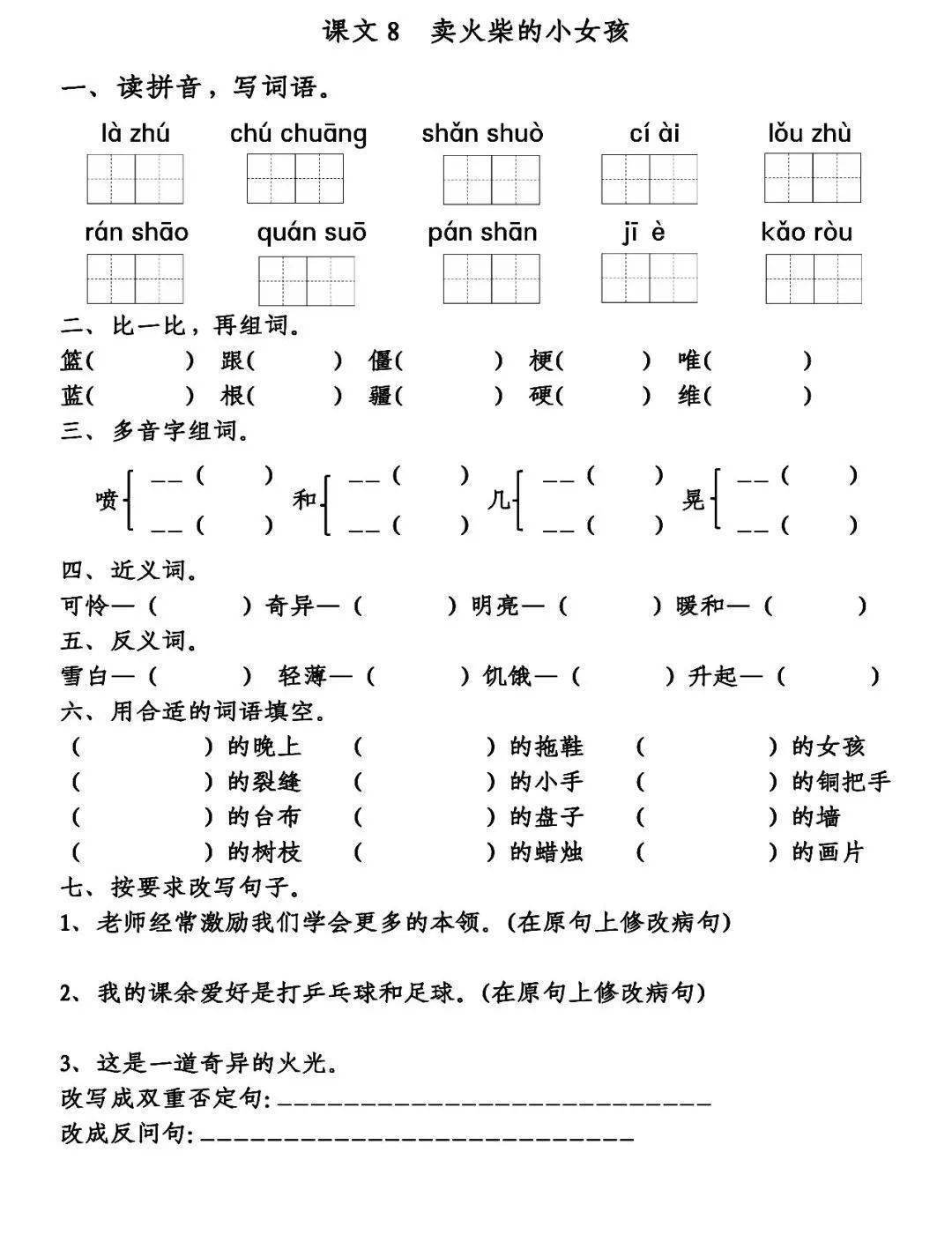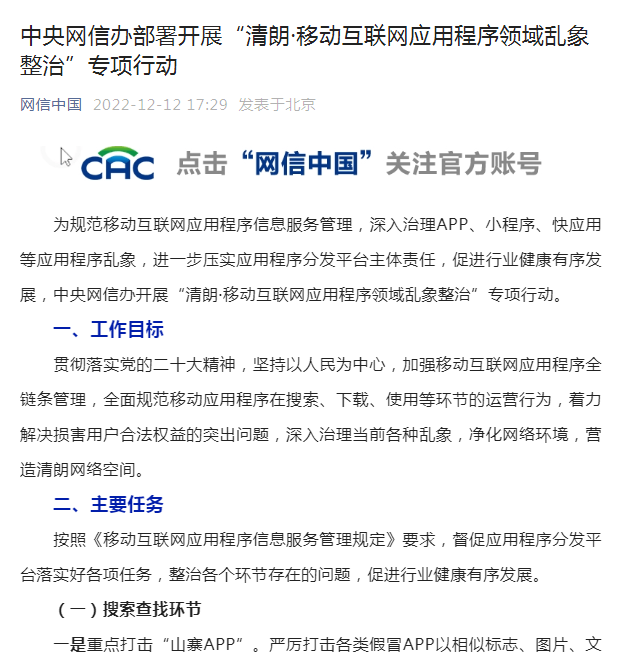A number of XX后面用is还是are?
100词写作社群里面有同学提到了一个问题:
In this picture, we can see a hotpot which consists of many cubes on which a variety of cultural nouns are written.
为什么是写成a variety of cultural nouns are written,而不是a variety of cultural nouns is written?很多人应该也有相同的疑惑,句子的主语是variety,后面应该用is,但是nouns是复数名词,后面的谓语动词应该用are,究竟用哪个才对?
对于"a variety of XX"这样的搭配,后面的谓语动词应该用单数还是复数一直存在争议,现实中用单数还是复数的情况都有。朗文词典的建议是后面的谓语动词用复数,比如:A variety of techniques were used.
在实际使用中"a variety of XX"后面谓语动词用复数的情况比用单数的多。比如在Google Ngram Viewer上对比"a variety of methods was"以及"a variety of methods were"这两个词组在谷歌图书语料库中的出现频率,可以发现从上世纪60年代开始"a variety of methods were"的使用频率就大幅度超过第一种用法。

跟上面情况类似的还有"a number/group of XX"这样的用法。
"a number of XX"后面的谓语动词大部分情况下都用复数,比如:A number of people are concerned about the lack of progress.
需要注意的一点是,"the number of XX"后面的谓语动词要用单数,比如:The number of skilled workers is increasing.

对于a group of XX,根据强调的点不同,后面可以用动词单数或者复数。比如:
A group of students is arrested by the police.
此时我们强调的是“整体”,即把这一群学生当成一个整体来看待,因此用is,如果写成:
A group of students are arrested by the police.
此时我们强调的是“学生”,一群学生是一个复数概念,因此用are
英语中像committee/community/media/population/family这样的集体名词也有类似的规律,例如牛津词典中就有这样的例句:
One third of the world’s population consumes/consume two thirds of the world’s resources.

如果用consumes则意味着将“三分之一的世界人口”当成一个整体来看待,如果用consume则将“三分之一的世界人口”当成一个由很多个体组成的复数概念来看待。
总结一下:
A variety of XX后面的谓语动词通常用复数,单数的情况比较少。
A number of XX后面的谓语动词用复数,the number of XX后面的谓语动词用单数。
A group of XX根据强调的点不同,后面的谓语动词可以用单数或者复数。














